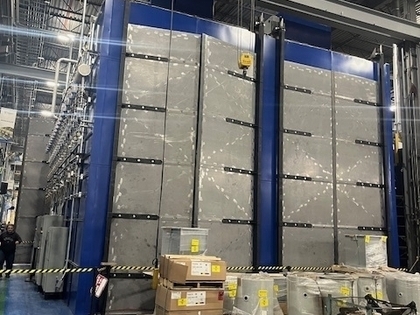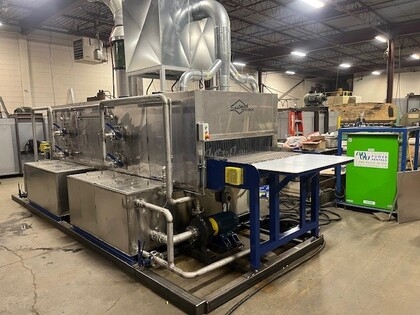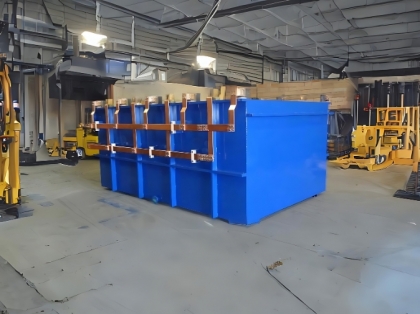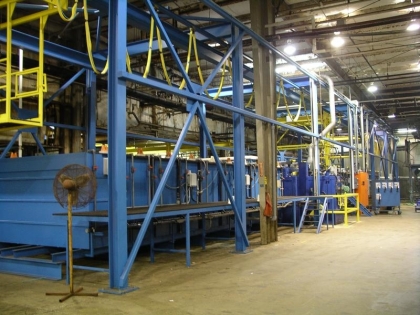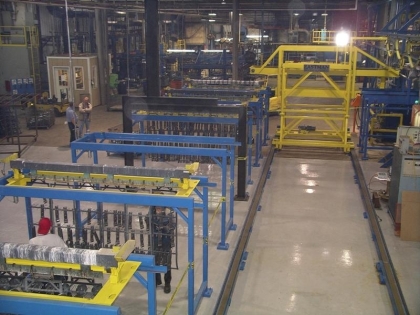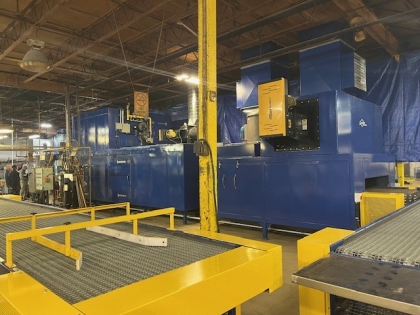Heat Treating Methods
Heat treating is a process which alters the physical and chemical properties of a metal through the use of extreme temperatures. By exposing a metal workpiece to severe temperatures, it allows their properties to change. Heat treating is done in order to improve and optimize the durability, ductility, and hardness of a metal. Heat treating equipment such as industrial ovens and furnaces are used in the treatment process. Today we’ll discuss the two most common heat treating methods that are used in the manufacturing industry.
Annealing
Annealing is a process where metal is heated to a specific temperature and then cooled at a gradual rate in order to increase ductility and reduce hardness. The heat treating equipment of choice is a large oven in order to provide the metal workpiece enough exposure. Once the metal workpiece is ready to be removed from the oven, it’s immediately cooled off. This part of the process is known as quench hardening, a technique which involves various elements such as water, air, or salt in order to help decrease the temperature of the workpiece. The most common method of quench hardening includes the use of a brine, a saltwater solution, to provide a faster cooling process than regular water.
Tempering
Tempering is a process which is done to increase the durability of certain alloys such as steel. Tempering is usually conducted after the hardening process in order to optimize a metal's toughness and strength. The process begins by raising the temperature just below the critical point. The critical point is determined by the task at hand. For example, higher temperatures will affect hardness and elasticity, whereas lower temperatures will affect brittleness.
Eastman Manufacturing is the leading supplier of heat treating equipment in North America. Our team is devoted to providing clients with exceptional service and an outstanding line of products. To learn more, visit our website and contact us today.

